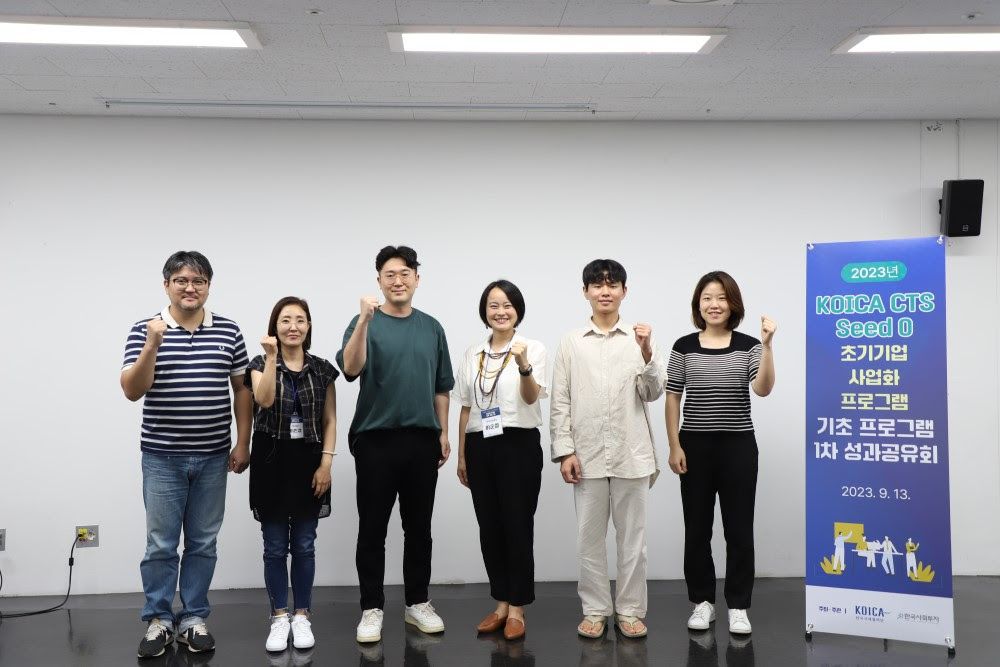
As powerful drivers of innovation and economic invigoration, startup ecosystems have had a transformative impact on economies around the world. As centres of innovation, startups are part of a broader business environment focused on generating impactful solutions and have repeatedly revolutionised industries with pioneering technologies and models.
It was recognition of the potential of startups to spur socioeconomic development and transformation that led the Korea International Cooperation Agency (KOICA) to launch the Creative Technology Solution (CTS) programme in 2015, an innovative new approach to official development assistance (ODA).
Why pair startups with ODA?
As the world continues to evolve, so do the needs of aid recipients. To meet these challenges, ODA donor countries continue to seek new models that can better solve social and environmental issues. By bringing innovators into the international development cooperation space, CTS has successfully delivered trailblazing solutions to communities in developing countries while also assisting startups in global expansion, creating a unique win-win ecosystem.
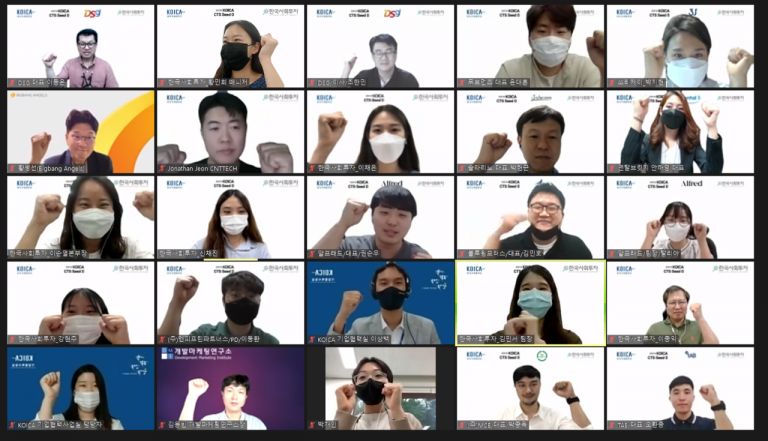
Creative Technology Solution – amplifying impact through innovation
CTS partners with South Korean entrepreneurs and innovators who are socially minded and who work in areas such as energy, global health, climate action, education, and agriculture. The programme has three stages: Seed 0, Seed 1, and Seed 2. During Seed 0, participants receive one-on-one mentoring in market research, business strategy and modelling, project planning, and proposal writing. Entrepreneurs are connected with accelerators in their target countries who can assist in localisation. The goal of this stage is to build capacity among prospective entrepreneurs who seek to advance into developing countries.
Applicants who complete Seed 0 or applicants with solid business plans for expansion into developing countries can participate in Seed 1. This stage requires companies to create a proof of concept and working prototypes. Participants must confirm that their product or service has a sufficient number of beneficiaries in their target country. Finally, Seed 2 helps participants launch a pilot, focusing on tailoring their business model and strategy to smoothly integrate into the local scene. Awards range from $250,000 to $420,000.
Creative solutions to real problems
The 2023 Seed 0 programme was planned and run by the Korea Social Investment Foundation (KSIF), a private non-profit accelerator specialising in the ESG and impact sector. KSIF has been involved with the CTS programme since the year 2021.
The specific goals of each annual CTS programme are varied to ensure that the programme is consistently attracting a variety of social entrepreneurs who will establish projects in different countries. The 2023 Seed 0 programme recruited companies that sought to address development issues in India, Indonesia, and Vietnam, with three standouts: Albaam, Nanu, and Trackfarm.

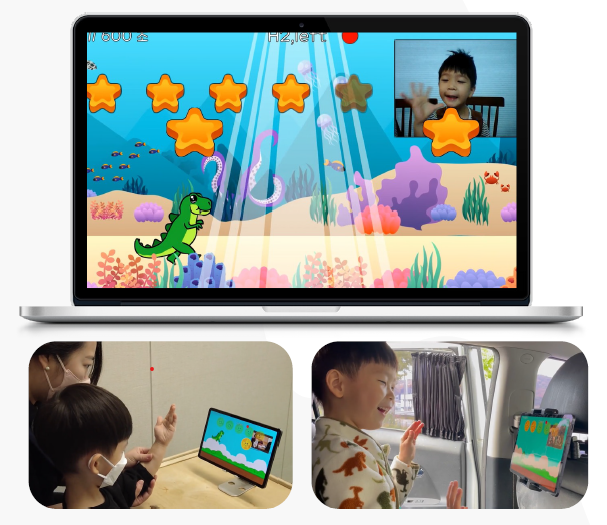
Albaam
Across the world, an estimated 2.4 billion people need physical therapy of some kind. Yet, the WHO estimates there are just 26,000 skilled practitioners worldwide. The need for paediatric specialist treatment is particularly acute in countries with young populations like India. However, India has a high barrier to accessing medical care, with high treatment costs and an estimated 71% of disabled children residing in areas that lack medical facilities.
In response to this need, Albaam created GemGemAR, a game which allows children to do physical therapy anywhere using a tablet or PC. The game is designed so that the input gestures are occupational therapy movements. Fully customisable, it helps children ages four to ten develop fine motor control. The programme also instructs caregivers on massage techniques to provide an additional layer of passive treatment. By allowing patients to engage in treatment with just a mobile phone, GemGemAR can offer new hope to both parents and children in India.
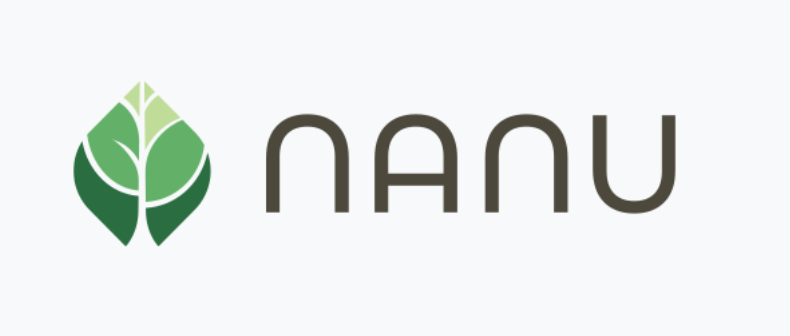
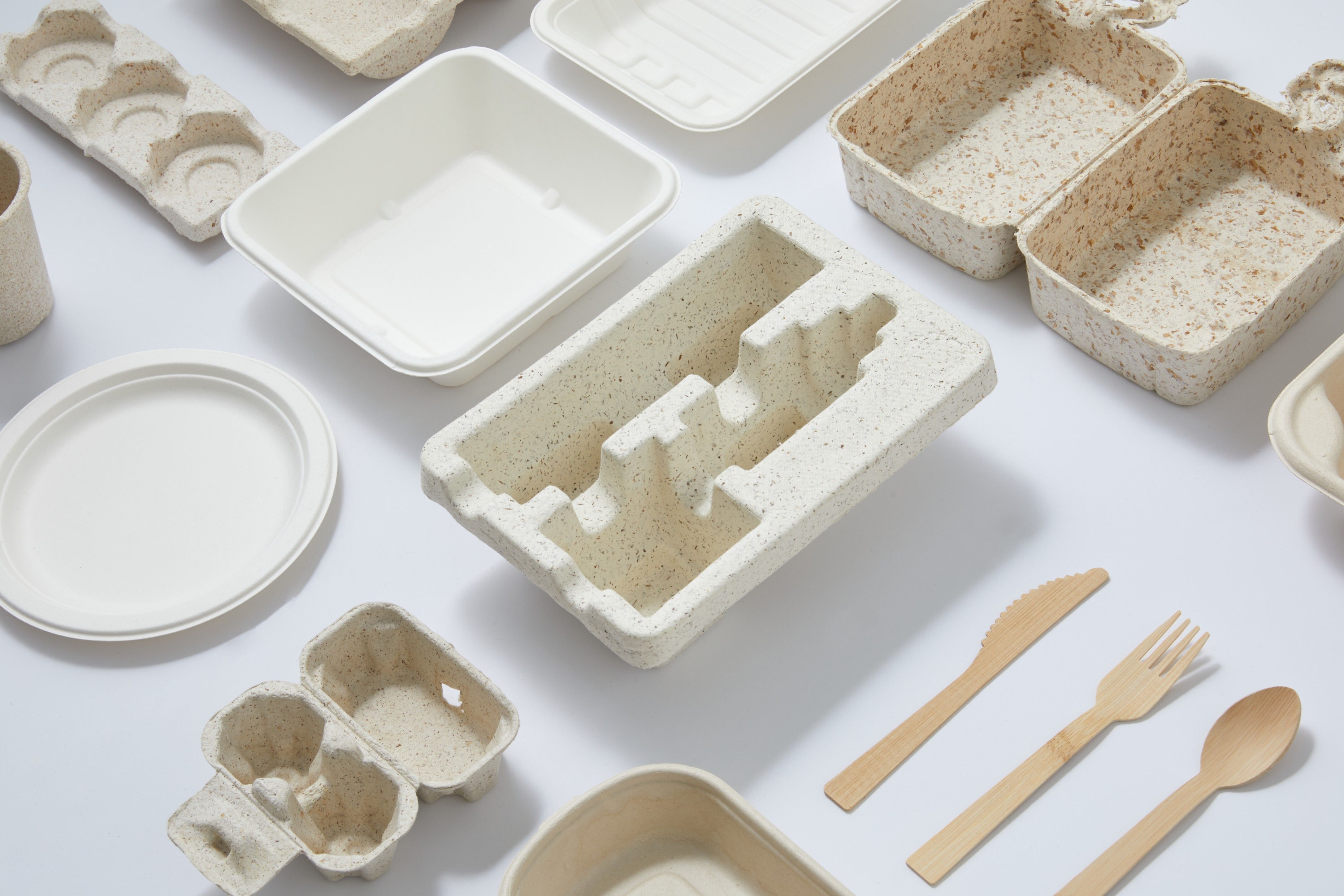
Nanu
Like many developing countries, Vietnam struggles with plastic waste. But plastic isn’t the only problem – as the country’s agricultural industry has grown over the past two decades, as have its waste agricultural byproducts (rice husks, coconut shells, etc.). Nanu aims to simultaneously address the issues of plastic pollution and agricultural byproduct waste with a novel solution: eco-friendly pulp mould containers. Nanu uses agricultural byproducts (waste products) as raw materials to create pulp moulds and applies its proprietary eco-friendly coating technology to add durability and water/heat resistance. The moulds can then be used in place of plastic.
Nanu has already proven its pulp moulds, working with companies in Korea to supply everything from cosmetic packaging to milk containers. By bringing its technology to Vietnam, Nanu hopes to reduce both agricultural byproduct pollution and plastic pollution by transforming “waste” agricultural byproducts into useful containers that can replace single-use plastics.

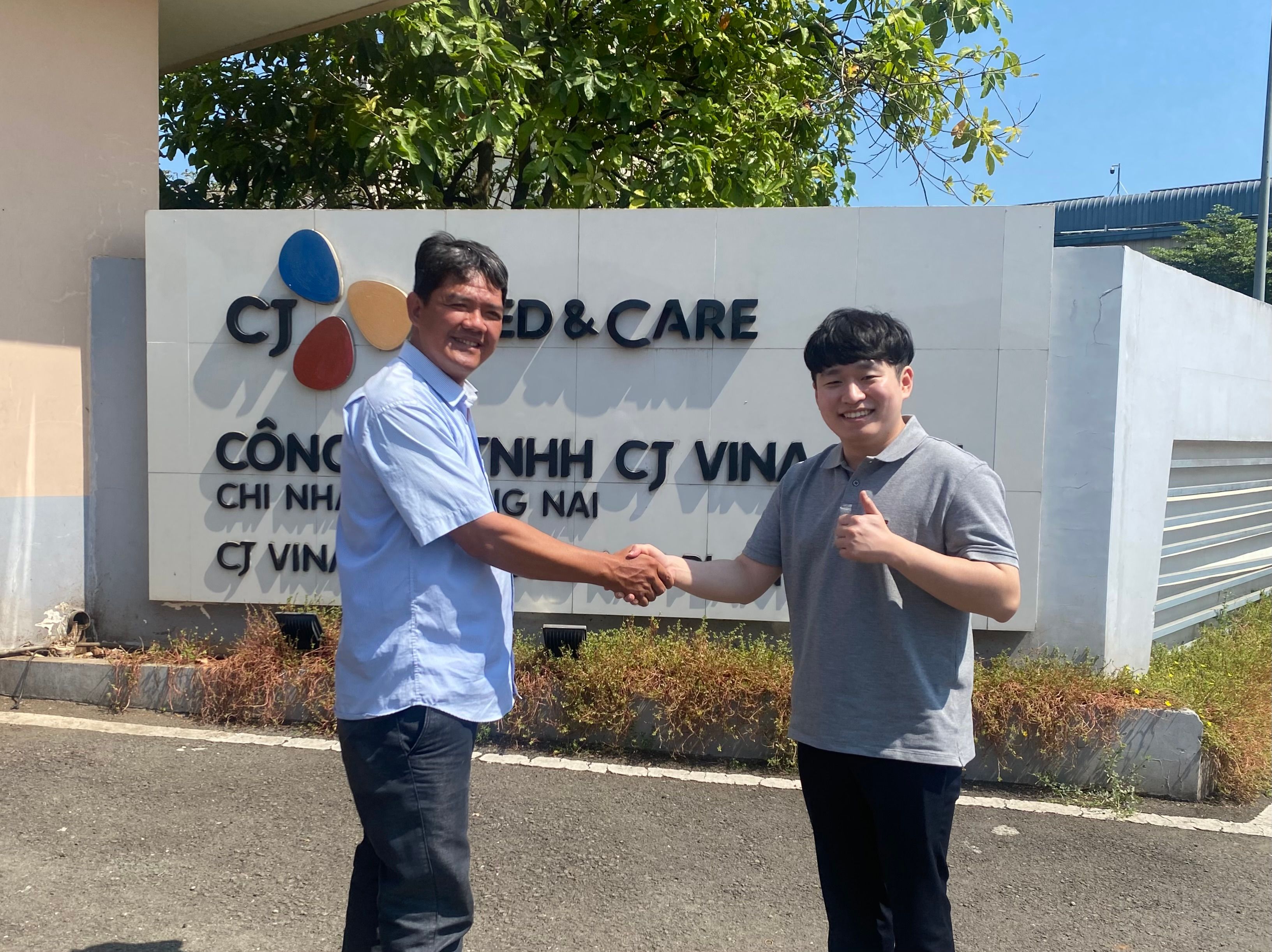
Trackfarm
Vietnam is home to the world’s third-largest livestock production and consumption market, yet pig farming faces continued difficulties. In addition to a warm climate that makes pigs prone to epidemics including swine flu, traditional local farming techniques hinder productivity. Furthermore, farm owners lack effective health monitoring solutions and sufficient labour to manually collect health data on their herds. Combined, these factors have limited the growth of the pork industry despite high demand.
Trackfarm has created a smart livestock farming software solution that optimises the environmental conditions in hog pens while monitoring health status in real-time. Trackfarm builds hog pens with automatic environmental sensing, ventilation, cameras, tags, and sensors, and an integrated AI platform that provides data management, alerts, and 24-hour monitoring. The environmental controls help foster ideal conditions for pigs to grow and remain healthy. Trackfarm expects its technology to help drive both local and national changes in how pig farming is practised, boosting productivity, income level, and overall value.
Innovation today for a better tomorrow
In a rapidly changing world where technological innovations can change our lives seemingly overnight, new models of ODA that go beyond traditional funding models to promote technology transfer and localisation of social entrepreneurs have the potential to help close the gap of inequality. KOICA’s CTS programme helps innovative startups transform into truly global companies that can share their pioneering technologies and ideas to address difficult social and environmental challenges in less developed countries.



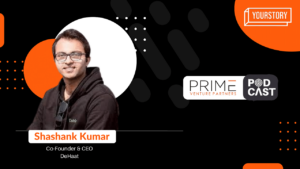
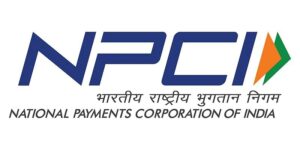
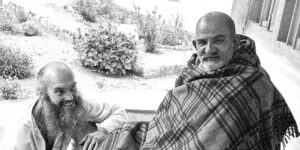



![Read more about the article [Funding alert] Lending app Myshubhlife gets $4 M from Patamar Capital, existing investors](https://blog.digitalsevaa.com/wp-content/uploads/2021/02/monishanand1570088846890png-300x150.png)
